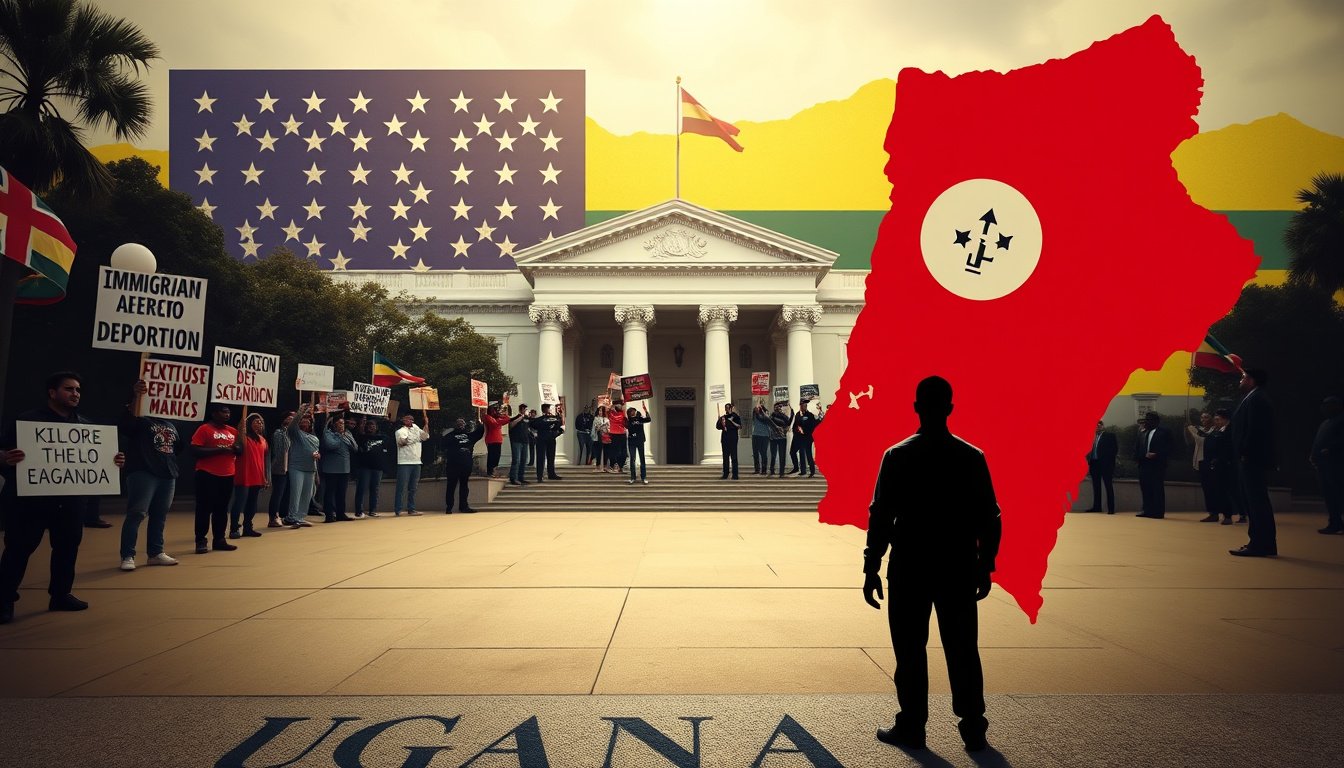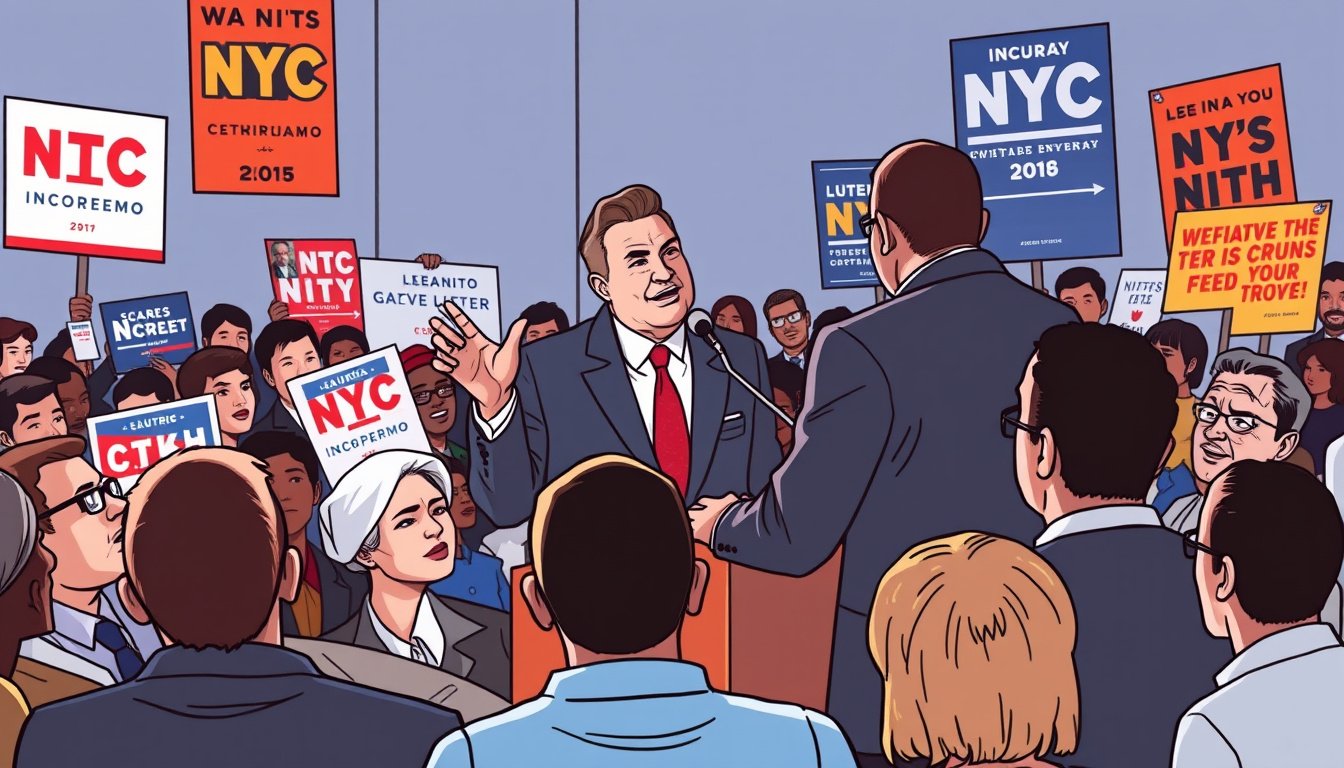In a controversial and unprecedented decision, the Trump administration has announced plans to deport Kilmar Abrego Garcia, a Maryland resident previously unlawfully detained and deported to El Salvador, to Uganda. This development comes amid intense legal battles, allegations of mistreatment, and fierce criticism of the administration’s immigration policies.
Kilmar Abrego Garcia’s case has become emblematic of the harsher stance on immigration under Trump’s leadership. Originally from El Salvador, Abrego Garcia came to the United States in 2011 fleeing gang violence and was granted protection from deportation in 2019. However, in a series of actions that many have condemned as unlawful, the Trump administration deported him to El Salvador in March 2025, despite a court order prohibiting such a move. While there, Abrego Garcia alleges he was subjected to severe physical and psychological torture.
After two months of defiance against a Supreme Court order demanding his return, he was abruptly brought back to the United States, where he faced new charges related to alien smuggling in Tennessee. The Tennessee case has since struggled to gain traction, and following his release on bail, the administration revealed plans to deport him yet again—not back to El Salvador but to Uganda.
The decision to send Abrego Garcia to Uganda is highly unusual and has sparked significant criticism. Uganda has only recently agreed to accept deported migrants who do not have criminal records, as part of an agreement aimed at third-country nationals unwilling or unable to return to their home countries. However, concerns remain high, with the U.S. State Department warning against travel to Uganda due to terrorism and violent crime risks. Human rights advocates argue that deportation to Uganda may violate international law and could be tantamount to political expediency, likened by some to human trafficking.
Legal representatives for Abrego Garcia have condemned the government’s actions, labeling the choice to deport him to Uganda as coercive and part of a coordinated effort between the Department of Justice and Department of Homeland Security to punish him for challenging unlawful treatment. They highlight the apparent collusion between these agencies, despite official claims of independent leadership, suggesting a vendetta-like pursuit designed to force Abrego Garcia into a guilty plea.
Kristi Noem, the Secretary of Homeland Security, has publicly stated the administration’s determination to ensure Abrego Garcia faces justice and is removed from the United States. Meanwhile, Ugandan officials confirmed their country’s willingness to accept deported migrants under specific conditions, framing the agreement as humanitarian for those who may face danger returning to their home nations.
As the deportation looms, advocates and legal experts warn of the dangerous implications for both Abrego Garcia and broader immigration justice. They argue that this case underscores systemic issues within U.S. immigration enforcement, raising profound questions about due process, international human rights obligations, and the political motivations underpinning immigration policy.
Kilmar Abrego Garcia’s forced removal to Uganda, amid ongoing legal proceedings and deep concerns about his safety, marks a stark and unsettling chapter in the immigration debates that continue to shape American domestic policy and international relations. It remains to be seen how this bold and controversial move will influence the future of immigration enforcement and the global conversation on human rights protections for migrants.
This article synthesizes recent developments around Kilmar Abrego Garcia’s case, the Trump administration’s immigration enforcement strategies, and Uganda’s emerging role in international deportation agreements.










